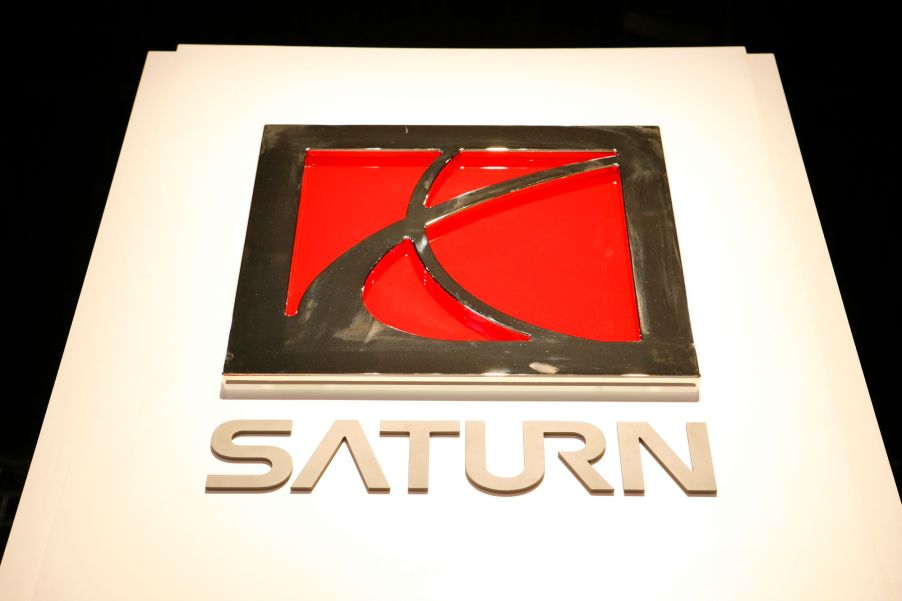
This Dead Car Brand Was Never Profitable
Part of the objectives of every vehicle manufacturer when introducing a new car brand is to make money with car sales. Otherwise, there is no point in being in business if one is not making money because there are bills to pay and a life to live that requires currency on various occasions. Furthermore, as much as that is the case, there is no guarantee that one will make money after venturing into business.
This is especially true for car manufacturers who produce a particular brand only to discontinue it after some time. There are various reasons why an automaker may stop making a specific car brand, and a loss in profit is one of the causes. When that happens, the idea is to prioritize investment in more profitable car brands while strategizing for the future.
How car brands die

A car brand may fail for one reason or another every once in a while. Additionally, you may discover that a particular vehicle brand may be at the height of popularity and production this year, and the next, it may be in a downward spiral. So, what is the cause of the failure of specific car brands?
Indeed, there may be multiple reasons why a car brand may fail. However, most vehicle brands fail because they are not profitable. An automaker has no reason to continue producing a car brand that is making losses and proving hard to salvage. For that reason, they will withdraw such a brand from the market and direct such resources to other profitable brands.
That is one way car brands die since automakers cannot afford to overlook the earnings or losses a particular brand is raking in at the end of the day.
Saturn’s woes
Launched in 1985 as a “different kind of car company,” the Saturn car brand was supposed to compete with Toyota and Honda, among others. The idea was to monetize the small, economical vehicles that had always been losers for General Motors (GM), Investopedia reports. That was hardly the case because Saturn was never profitable.
Saturn, the agile little start-up that GM developed to reinvent the way it produced and sold vehicles, was set to become a bitter reminder of the depth of the automaker’s woes. It is also worth mentioning that Saturn was created to do almost everything that many Congress members, General Motors, and industry experts say a modern car firm has to do to survive in today’s market. That is to produce a limited range of small, fuel-efficient cars, then sell them for a profit through a small network of dealers.
The only problem was that the Saturn brand never made a profit. Saturn made simple, unfussy autos to appeal to penny-wise drivers at its Spring Hill, Tennessee plant. However, the price point on some models was far too low to cover production and marketing expenses. In response to this, Saturn raised prices significantly after stocking the lineup with larger, fancier vehicles like the hulking Outlook SUV. Unfortunately, that did not stop Saturn sales from dropping by a considerable percentage toward the end of 2008.
Saturn’s history
The unstoppable advance of cheap, higher-quality vehicles from Japan prompted General Motors to find a way to counteract that push. So, the company decided to develop a new line of small cars, and that is how GM management started planning the Saturn car brand as early as 1982. The name Saturn originated from the rocket that carried astronauts to the moon.
In 1984, a prototype Saturn vehicle was introduced, but a production model wasn’t available until 1990. In the subsequent years, GM formally established the Saturn Car Corporation and started working out a labor agreement with the UAW to gain concessions that would make Saturn possible. GM and the UAW began meeting in 1983, and by 1985 they had reached a labor accord for the Saturn operation.
After Saturn’s incorporation in 1985, General Motors purchased land in Spring Hill, Tennessee, to build a manufacturing plant. Production at the plant began in July 1990 with a sedan and coupe version of the 1991 S-Series. Two model years later, a station wagon was available, which gave the model line three-body choices that carried Saturn through its first decade of existence. According to MotorTrend, the Saturn brand was officially discontinued on October 31, 2010.


